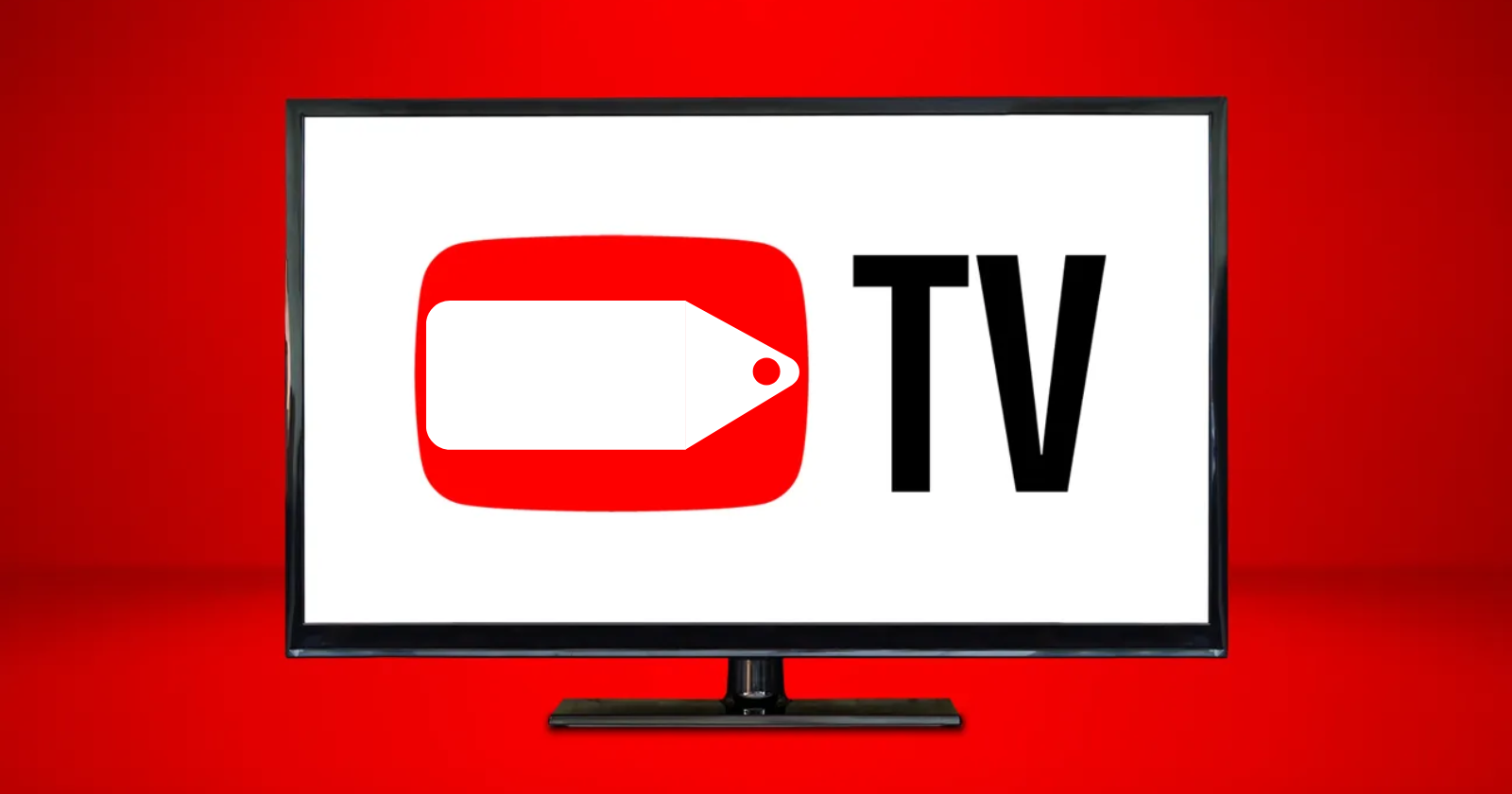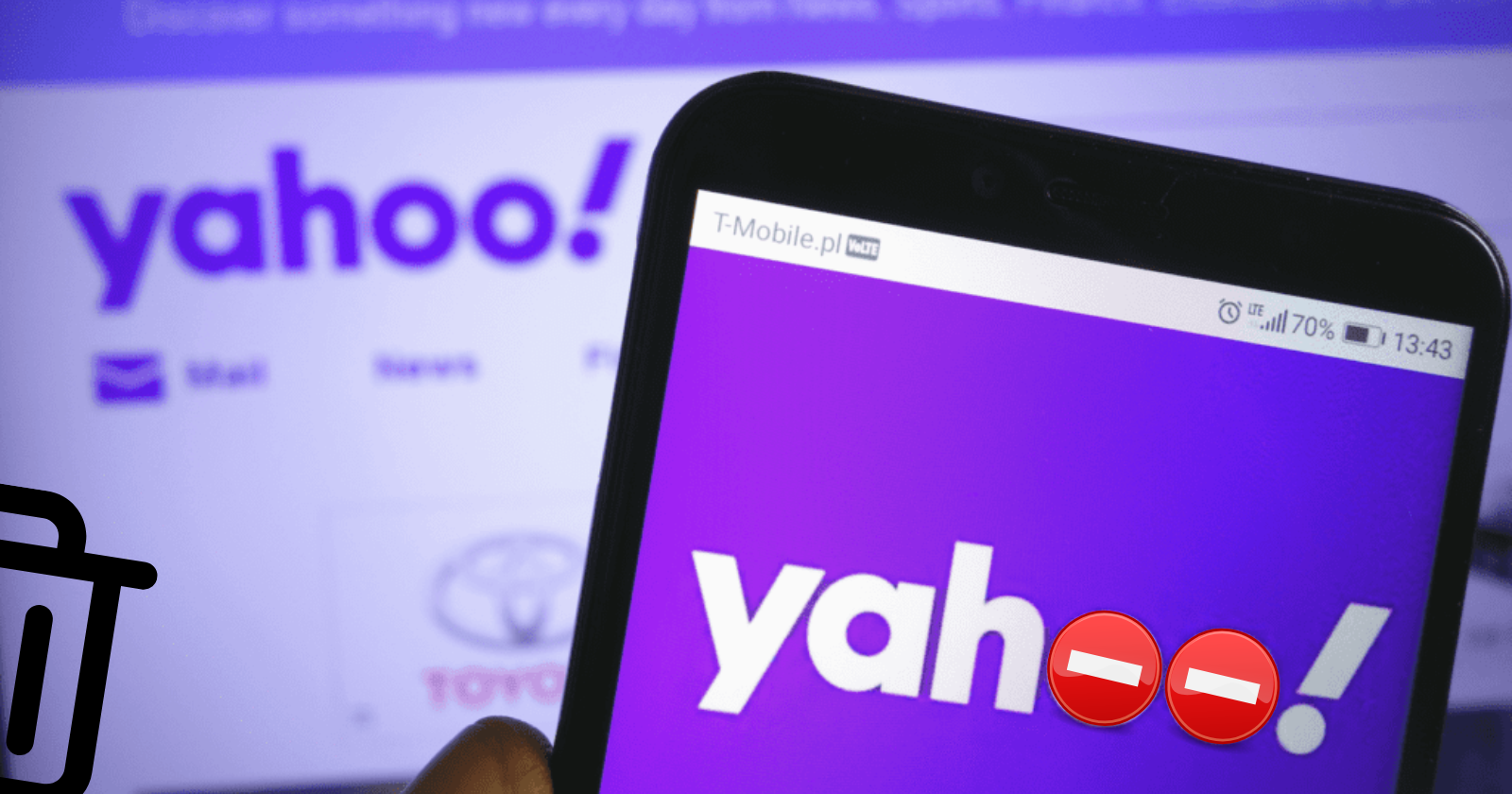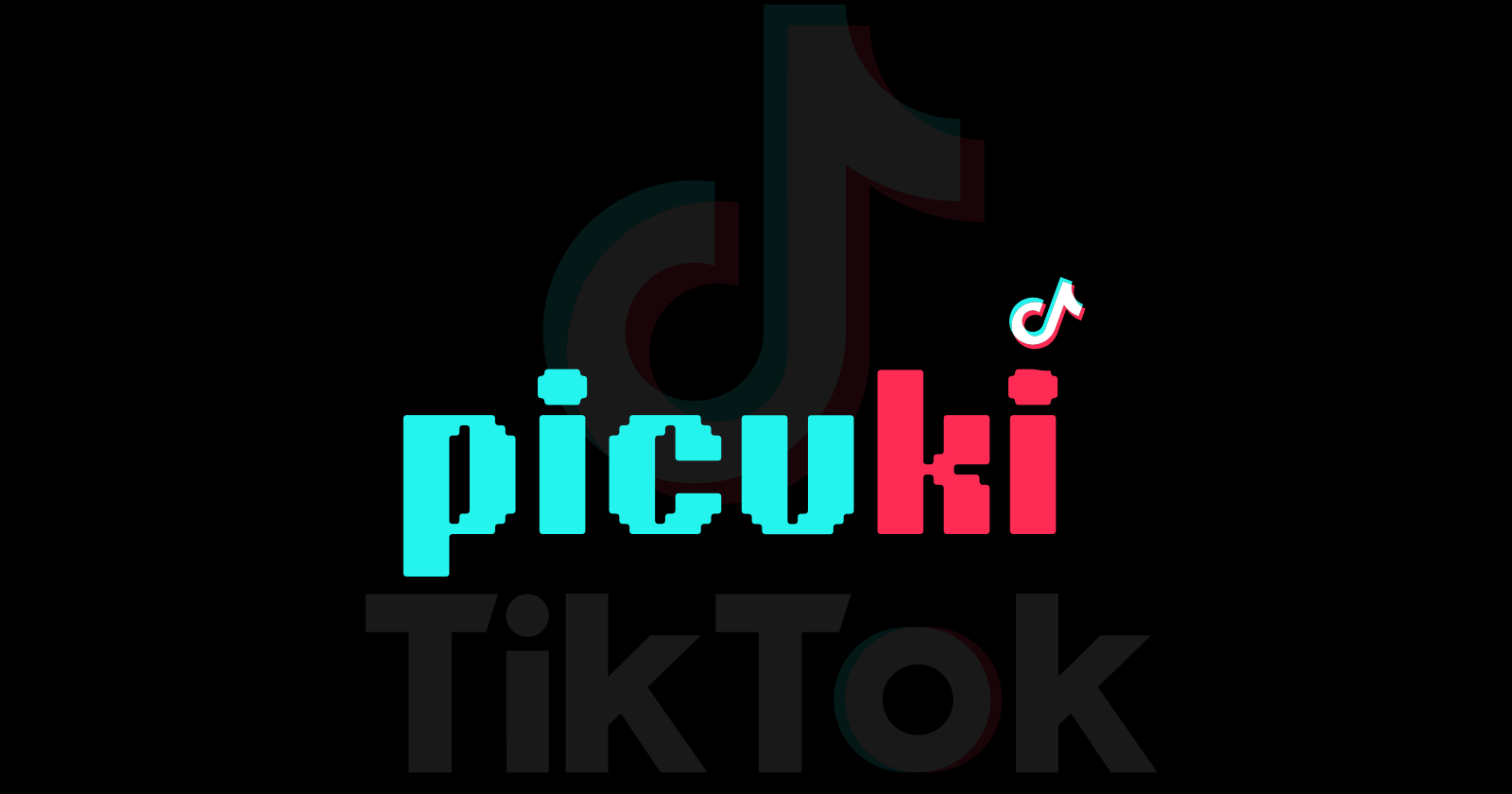In today’s fast-paced digital world, having a strong online presence is no longer optional — it’s essential. One of the most powerful tools businesses and individuals can use to build that presence is Social Media Marketing.
But what exactly is social media marketing, and why is it so important?
Let’s dive in and find out!
What is Social Media Marketing?
Social Media Marketing (SMM) is the process of creating content tailored to different social media platforms in order to promote your brand, connect with your audience, and drive traffic, engagement, and sales.
It’s about meeting your customers where they spend their time — on Facebook, Instagram, Twitter, LinkedIn, TikTok, Pinterest, and beyond.
In simple words, Social Media Marketing helps you:
- Increase brand awareness
- Build meaningful relationships with customers
- Share your message with a wide audience
- Drive traffic to your website or product pages
- Generate leads and sales
It’s more than just posting photos — it’s about building a brand, telling your story, and creating a loyal community around your products or services.
Why is Social Media Marketing Important?
You might wonder: why should I care about social media when I already have a website or run ads?
Here are some reasons why social media marketing is a must in today’s world:
- Huge Audience: Billions of people use social media every day. It’s one of the best places to find potential customers.
- Affordable: Compared to traditional advertising, social media marketing can be very cost-effective.
- Real-Time Communication: You can interact with your audience instantly and get valuable feedback.
- Builds Trust and Loyalty: Regular updates and genuine conversations build a loyal fan base.
- Boosts Website Traffic: Sharing links to your blog posts, products, and promotions brings more visitors to your site.
- Data and Insights: Platforms provide detailed analytics to measure your success and understand your audience better.
Key Elements of a Successful Social Media Marketing Strategy
To get the most out of your social media marketing efforts, it’s important to focus on several key elements:
1. Set Clear Goals
Before you post anything, define what you want to achieve.
Common goals include:
- Increasing brand awareness
- Growing your follower count
- Boosting website traffic
- Generating leads
- Improving customer engagement
2. Know Your Audience
Understanding who you are speaking to is critical.
Ask yourself:
- What are their interests?
- Which platforms do they use the most?
- What type of content do they like?
When you know your audience, you can create content that truly resonates with them.
3. Choose the Right Platforms
You don’t have to be everywhere.
Focus on platforms that match your brand and audience:
- Facebook: Great for broad audiences
- Instagram: Perfect for visual content
- Twitter: Good for real-time updates
- LinkedIn: Best for B2B marketing
- TikTok: Ideal for short, creative videos targeting younger audiences
- Pinterest: Excellent for DIY, fashion, food, and home decor
4. Create Quality Content
Content is the heart of social media marketing.
Good content should be:
- Visually appealing
- Informative or entertaining
- Authentic and relatable
- Consistent with your brand voice
Use a mix of photos, videos, infographics, stories, polls, and blogs to keep your audience engaged.
5. Post Consistently
Consistency builds trust and keeps your brand at the top of people’s minds.
Create a content calendar to plan your posts in advance and stay organized.
6. Engage with Your Audience
Don’t just post and disappear.
Reply to comments, answer messages, ask questions, and join conversations.
Real engagement makes your brand human and approachable.
7. Analyze and Adjust
Use analytics tools provided by each platform to measure:
- Reach
- Engagement rates
- Click-through rates
- Follower growth
Review your data regularly to understand what’s working and what needs improvement.
Popular Types of Social Media Marketing Campaigns
There are many creative ways to run social media campaigns. Here are some ideas:
1. Influencer Marketing
Partnering with influencers who already have your target audience’s trust can amplify your reach and credibility.
2. Contests and Giveaways
Running contests encourages shares, comments, and follows, growing your audience quickly.
3. Paid Advertising
Social media ads can target very specific audiences based on interests, demographics, and behaviors.
4. User-Generated Content
Encourage your customers to create content featuring your products, building authenticity and community.
5. Live Videos and Webinars
Live sessions help build stronger, real-time connections with your audience.
Challenges of Social Media Marketing
While social media marketing is powerful, it does come with challenges:
- Algorithm Changes: Platforms often change how they show content, affecting your reach.
- High Competition: Millions of brands compete for attention.
- Negative Feedback: Public complaints or bad reviews can harm your reputation if not handled properly.
- Time-Consuming: Managing multiple accounts and creating fresh content consistently can be demanding.
That’s why having a well-thought-out strategy and being adaptable is crucial.
Tips for Effective Social Media Marketing
To wrap things up, here are a few tips for success:
- Focus on building relationships, not just selling
- Stay authentic — people connect with realness
- Invest in good visuals — first impressions matter
- Keep up with trends and adapt quickly
- Test different types of content to see what resonates
- Don’t forget to have fun — social media should be social!
Final Thoughts: Why Social Media Marketing Matters
In a world where attention is the new currency, social media marketing gives you a direct line to your customers’ hearts and minds.
It’s not just about selling products — it’s about telling your story, building community, and providing value.
Whether you’re a small business owner, an entrepreneur, or a content creator, mastering social media marketing can transform your brand’s visibility and success.
Start small, stay consistent, and always keep your audience at the center of your strategy.
The world is social — are you?







